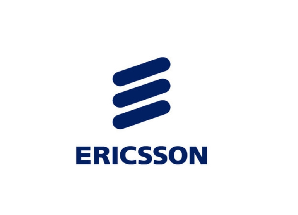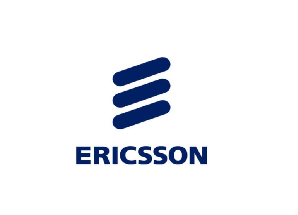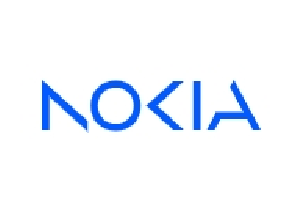Samsung profit skyrockets on surging memory demand
Samsung has turned in another bumper result on the back of strong AI-driven demand, unveiling a 15-fold increase in Q2 operating profit.
The result exceeded market expectations, helping drive the stock 3.6% higher on the Seoul exchange Wednesday.
The conglomerate reported operating profit of 10.44 trillion Korean won (US$7.6 billion), up from KRW670 billion ($480 million) a year ago and KRW3.84 billion ($2.8 million) in Q1. Total revenue was KRW74.1 trillion ($54.1 billion), up 23%, with an EBITDA (earnings before interest, taxes, depreciation and amortization) margin of 27%, up from 16% a year ago and 22% in Q1.
Analysts had estimated operating profit of KRW10.29 trillion ($7.5 billion), according to a survey by Yonhap Infomax.
As expected, it was the device solutions unit, which includes the memory and foundry segments, that powered the result.
The business, which recorded a KRW4.4 trillion ($3.2 billion) loss last year, posted operating profit of KRW10.8 trillion ($7.9 billion), with sales of KRW28.6 trillion ($20.9 billion), up 94% year-over-year and 23% sequentially.
The company said the ramp-up of AI investments by hyperscaler customers meant robust demand for conventional memory products DRAM and SSD as well as its high-bandwidth memory (HBM) line.
HBM volume to grow 4x
On an earnings call, executives said the company was continually increasing HBM capacity and expects production volume to increase four times this year and double again in 2025.
"Even based on the expanded supply plan we're still seeing continued increase in requested volume from some customers for 2025," Jaejune Kim, head of the memory business, said on the call.
He said HBM revenue increased by more than 50% sequentially in Q2 and expected a "two-fold increase in sales every quarter," with second half revenue likely to be 3.5 times higher than first half sales.
Samsung's MX business, which covers mobile devices and networks, grew 7%, with the device segment expanding 8% to KRW26.6 trillion ($19.4 billion).
The company said it expects demand for smartphones to increase in the second half, "with increased demand for premium products being driven by growing demand for AI and the launch of new products with innovative features."
It also anticipates growth in demand for tablets, smartwatches and smart rings.
As with other equipment vendors, however, Samsung's networks business is feeling the effects of the post-5G capex winter.
The unit posted sales of KRW740 billion ($540 million), a 20% drop from KRW920 billion ($671.5 million) last year, the filing revealed.





